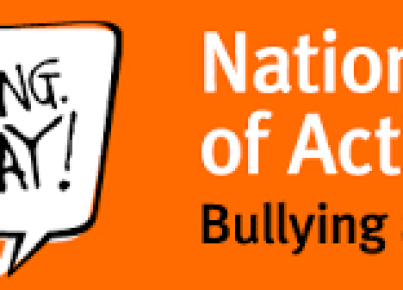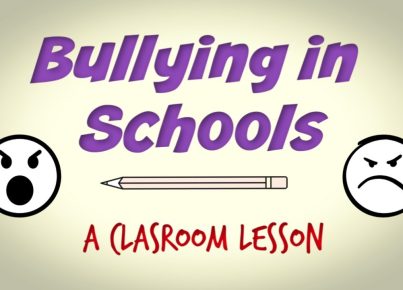Bullying is any act intended to hurt, intimidate or frighten an individual that is repeated over time. Bullying isn’t always physical. It can also be verbal, psychological, etc.
Physical bullying involves the use of physical attacks such as kicking, punching, slapping, etc.
Verbal bullying involves the use of verbal forms of bullying such as insults, gossiping, etc.
Emotional bullying involves the use of manipulation, fear, humiliation, etc.
Sexual bullying involves the use of various forms of unwanted sexual advances.
Social bullying involves hurting someone’s relationships or reputation by causing public embarrassment, spreading rumors, etc.
Cyberbullying involves the use of online platforms to bully and assault another person.
Bullies exert power over their victims and initiate a relationship that is detrimental to the health and wellbeing of the victim. The bullies usually have an advantage over the victim that they use to torment them. This may be physical strength, appearance, charisma, etc.
Students who’re seen as weak, suffer from low self-esteem, anxiety, or depression, don’t have many friends; or fail to socialize well with their peers are usually at a higher risk of being bullied. Even those having a developmental or intellectual disability, suffering from being underweight or overweight, or belonging to a different race/ethnicity than most of their peers may be bullied.
Typically, bullies are of two types. They could be popular students who prefer to take charge of any situation and are quite well-connected to peers. Otherwise, they may be those with low self-esteem, anxiety, depression, or who prefer to stay isolated from their peers. Whoever the bullies are, they are typically easily frustrated, have difficulty following rules, show aggressive behavior, have bullies in their friend circles, or suffer from a troubled childhood or home with violence, divorced or uninvolved parents, etc.
Though bullying in any form needs to be stopped, it could be difficult in case of cyberbullying due to the anonymity the online medium offers. Additionally, such bullying is often hard to notice for parents and teachers, thus delaying measures to stop it. Unlike physical bullying, cyberbullying can be persistent and permanent, which makes it more dangerous. Due to the 24/7 nature of the internet, the bully can send harassing messages instantly at any time. Additionally, most online communication today is public and permanent, unless it’s reported and removed. This means a damaging post or picture online can create a bad reputation for the harassed students, which can adversely affect their chances of enrolling in a college, getting a job, and even some other areas of life.




